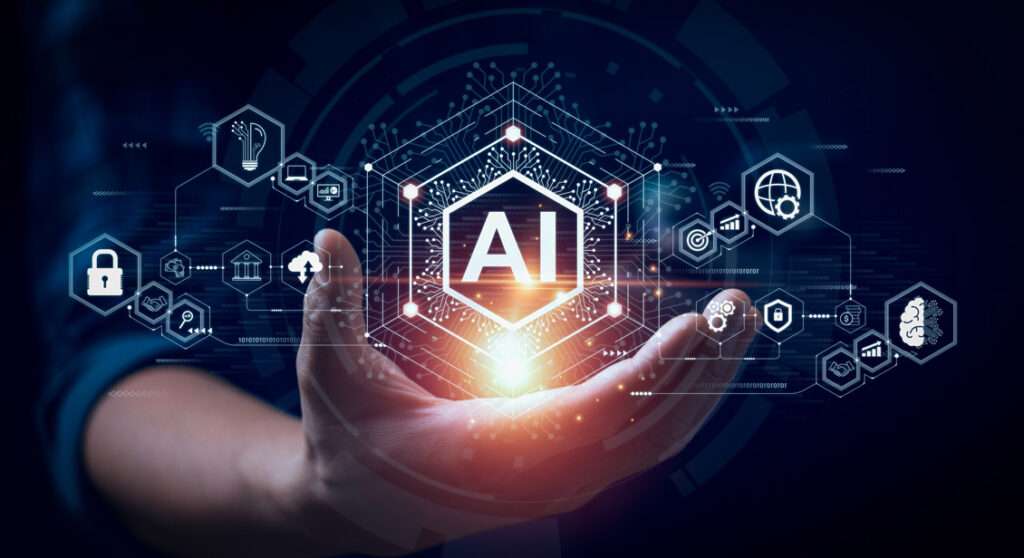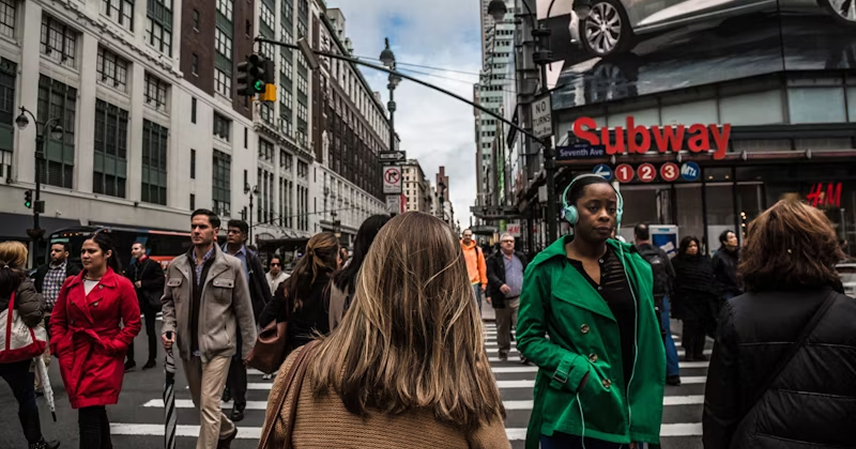
As artificial intelligence continues to advance at an unprecedented pace, world leaders and technology companies are intensifying discussions on how best to regulate its development. The recent AI Seoul Summit, held on April 9 and 10, has spotlighted the urgent need for global cooperation to address the risks posed by powerful AI models.
Representatives from major economies, including the U.S., U.K., Japan, South Korea, and the European Union, came together to emphasize the necessity of shared safety frameworks. In a joint statement, they agreed on pushing for “inclusive and enforceable” international guidelines that prioritize human-centric AI development.
South Korean President Yoon Suk-yeol, co-hosting the event, stated, “It is imperative that we align innovation with safety and ethics. Artificial intelligence must benefit humanity, not endanger it.”
The summit marked a follow-up to the Bletchley Park AI Safety Summit held in the UK in late 2023, signaling a continued global commitment to addressing the challenges of what experts call “frontier AI”—large-scale models that can perform a wide range of tasks across text, images, audio, and code.
Industry Players Support Regulation—With Caveats
Major AI developers such as OpenAI, Google DeepMind, and Anthropic have voiced their willingness to collaborate on safety standards. OpenAI CEO Sam Altman acknowledged the need for external oversight in a recent media interaction, saying, “The power of these models comes with responsibility. Guardrails are essential to prevent misuse.”
Tech giants like Microsoft and Google have also backed a risk-based approach, calling for independent evaluations of advanced AI systems and mechanisms to ensure public trust.
However, policy analysts warn that voluntary commitments may not be sufficient in the long run. Dr. Kavita Narayan, a senior fellow in technology policy, remarked, “Good intentions are not enough. We need enforceable laws that mandate transparency, ensure data protection, and create clear lines of accountability.”
India’s Approach to AI Oversight
India, although not a formal signatory at the Seoul Summit, is actively developing its own AI governance framework. Union Minister Rajeev Chandrasekhar, who oversees the Ministry of Electronics and IT, recently stated that India is working toward legislation that supports “innovation-friendly regulation.”
India’s upcoming Digital India Act is expected to include provisions on AI safety, ethical deployment, and data rights. The country is also exploring partnerships for global AI research and security initiatives.
A recent report by NASSCOM projects that India’s AI industry will expand by 25% annually through 2030, with major growth in sectors like healthcare, finance, agriculture, and education.
The Road Ahead
The push for AI regulation is far from over. The Global AI Governance Forum, scheduled to take place in Geneva this June, is set to further the dialogue. One of its key objectives will be to develop a unified framework for categorizing AI risks and proposing legally binding safety protocols.
As AI systems become more autonomous and integrated into daily life, the stakes are high. Experts argue that a proactive, international approach is the only way to prevent potential harms while still harnessing the benefits of this transformative technology.
Balancing innovation with responsibility remains the central challenge—but momentum toward a safer AI future is undoubtedly building.


